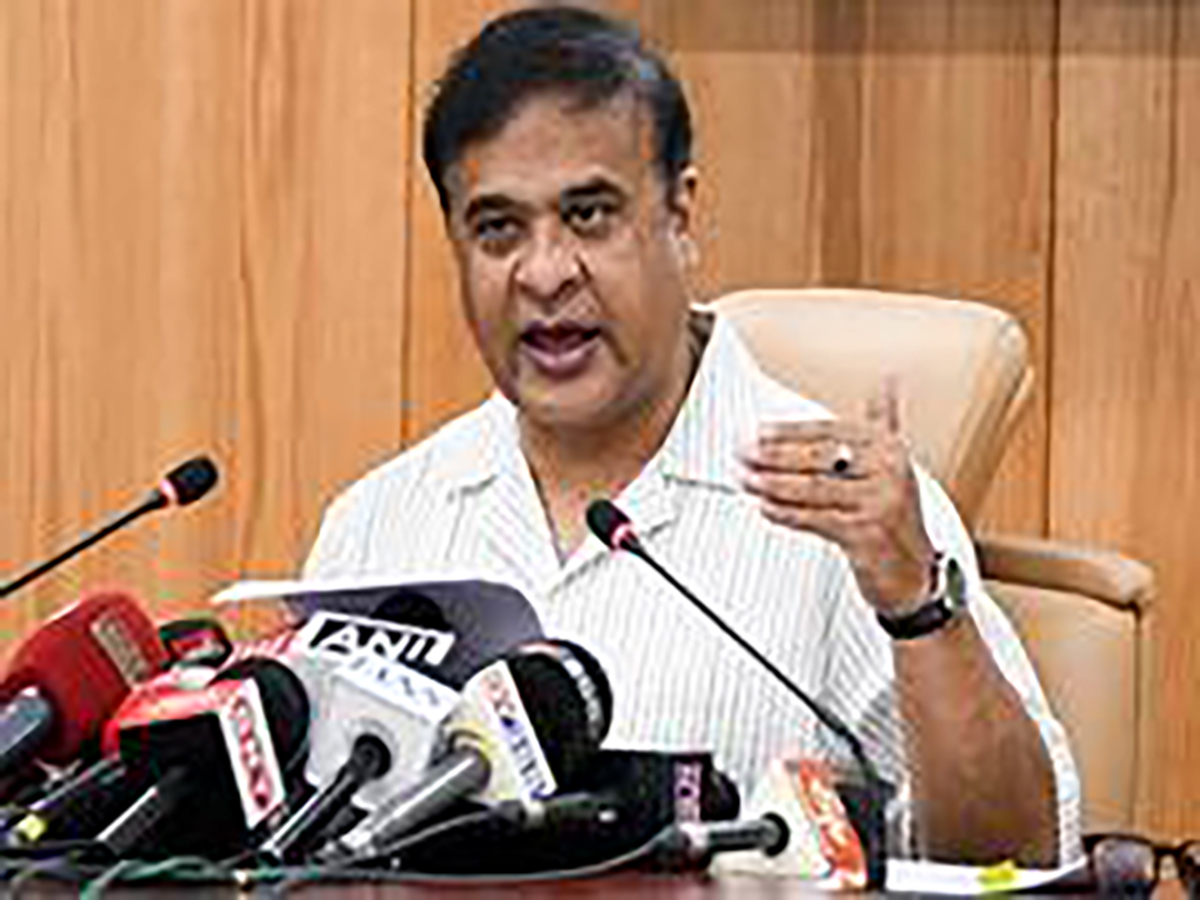
Guwahati: Assam Chief Minister Himanta Biswa Sarma stirred a political debate on Tuesday with sharp remarks aimed at the Congress party, questioning its past handling of national security and strategic diplomacy.
Speaking critically of historical decisions made by the Congress leadership, Sarma pointedly referenced the 1971 India-Pakistan war, challenging the party to clarify its stance on war and peace.
He asked whether Congress believes India should have continued military action even after Pakistan’s Director General of Military Operations (DGMO) surrendered. His comments appeared to take aim at what he perceives as inconsistencies in the opposition’s current rhetoric on national security.
Sarma also criticised the Congress party’s handling of post-war diplomacy, particularly in relation to the creation of Bangladesh. While Congress leaders have often lauded Indira Gandhi’s leadership during the 1971 war, Sarma questioned why, despite a clear military victory, the Indian government did not leverage its position more strategically.
He argued that India missed a historic opportunity to negotiate control over the “chicken neck”—a narrow strip of land connecting mainland India to the Northeast — suggesting that a land corridor could have been secured to better integrate the region with the rest of the country.
Taking the critique further, Sarma questioned the long-term consequences of allowing the establishment of an Islamic republic — Bangladesh — next door. He implied that India should have considered the ideological and geopolitical implications of its wartime decisions more thoroughly. These provocative statements reflect Sarma’s assertive political style and underline the BJP’s broader narrative of contrasting its national security posture with that of the Congress. They also come at a time when debates around borders, regional integration, and historical legacies are becoming increasingly central to Indian political discourse.
Shortly after US President Donald Trump made a surprise announcement of an India-Pakistan understanding on ceasefire, Congress leaders swiftly invoked Indira Gandhi, drawing parallels between her leadership during the 1971 Bangladesh Liberation War and the ongoing India-Pakistan tensions.
By highlighting her legacy of what the party describes as assertively upholding India’s interests and resisting US pressure to halt military operations, the Congress sought to criticise the government’s handling of the ‘understanding’ reached with Pakistan and the perceived role of the United States in the process.
